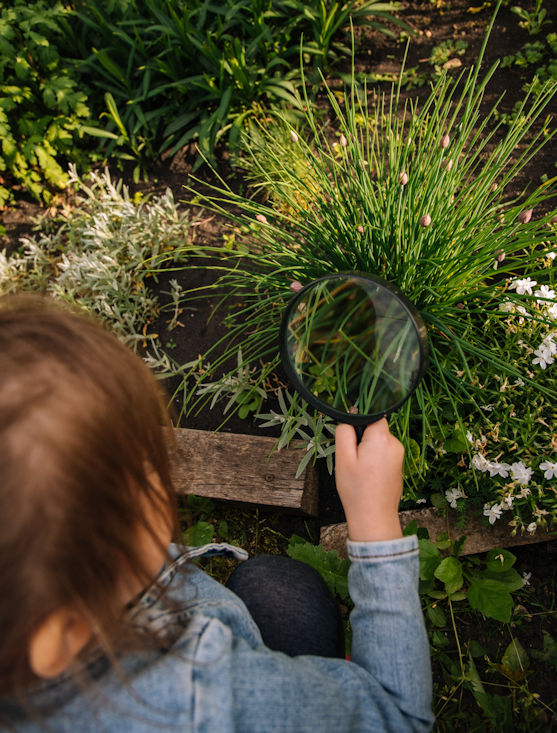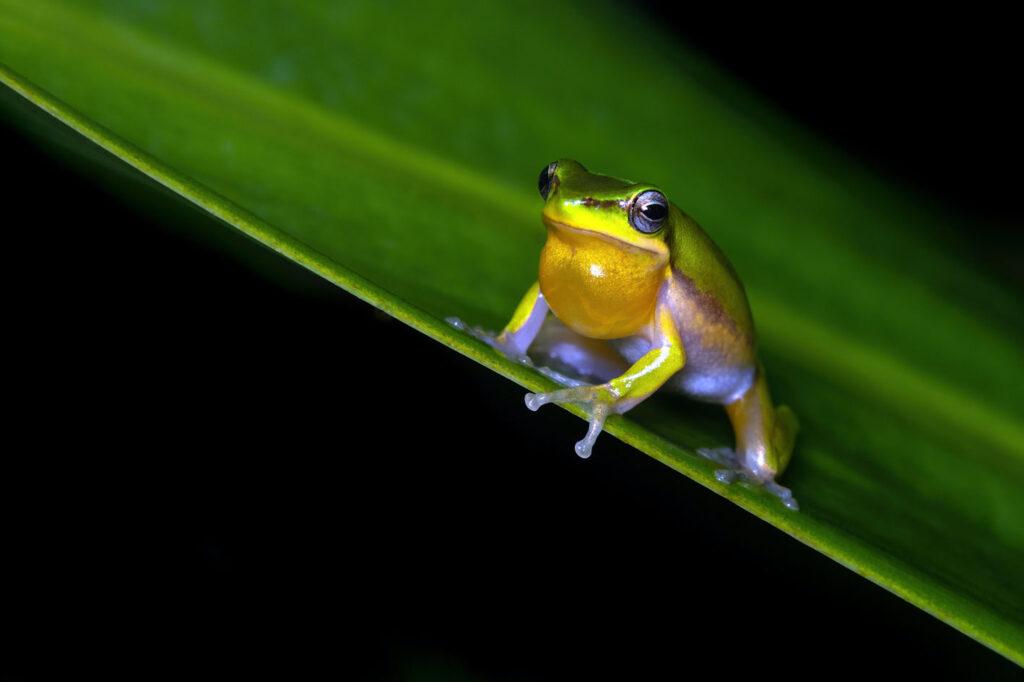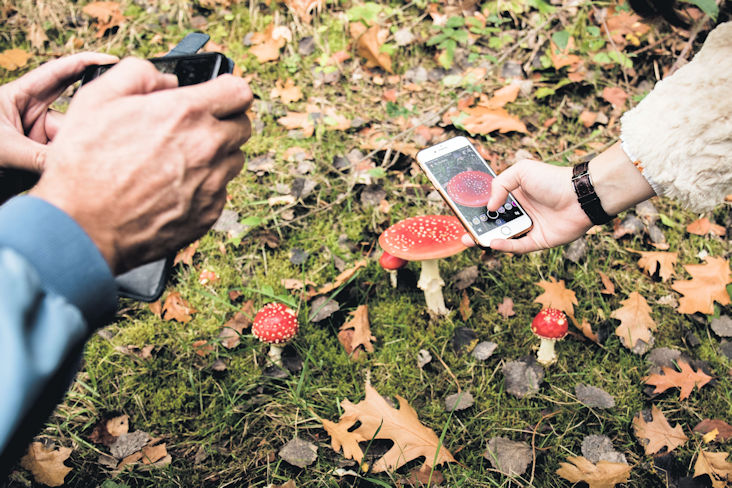
Have you heard of citizen science? It’s where you observe something in nature and then tell scientists about it, usually on an app or computer. Here are some projects to try.
FrogID

Did you know there are over 245 different types of frogs in Australia?
For the last 6 years, people have been using the FrogID app to record the sounds that frogs make. This is the best way to work out what species a frog is, because each kind of frog has a unique call.
Scientists use this information to find out more about different frogs around Australia.
Lots of kids and adults in Australia will be recording frog sounds during FrogID Week, from 3 to 12 November 2023. You can join in by downloading the app and recording the sounds of any frogs near you.
Dusk Watch

Dusk Watch is a new citizen science project happening for the first time this year. Anyone in Western Australia can join in. Here’s what to do:
- Download the iNaturalist phone app and join the Dusk Watch project, or print out the survey form.
- When the sun sets, head outside with a torch and a phone. Set a timer for an hour. Look and listen for wildlife in the area.
- Take photos and sound recordings of any wildlife you find. Add them into the app or email them to the Conservation Council of WA.
You can join in as many times as you like in September, October or November.
Great Southern BioBlitz

For four days in November (24 to 27), thousands of people in the Southern Hemisphere will be joining a bioblitz. That means they will be observing as many wild living things around them as they can.
To join in, you can use an app called iNaturalist to take a photo or sound recording of living things like plants, animals and fungi.
The information gathered in the bioblitz will help scientists find out more about the amazing organisms around us.
Leave a Reply